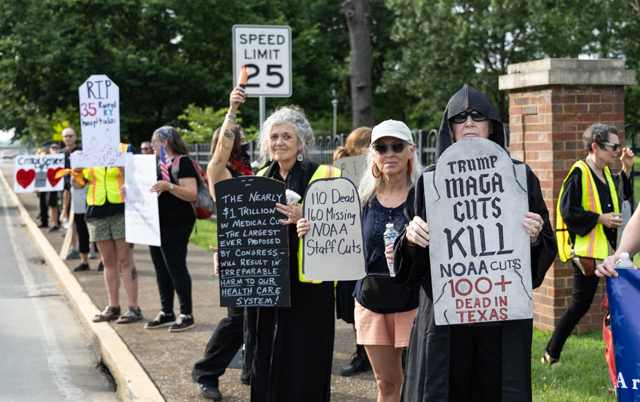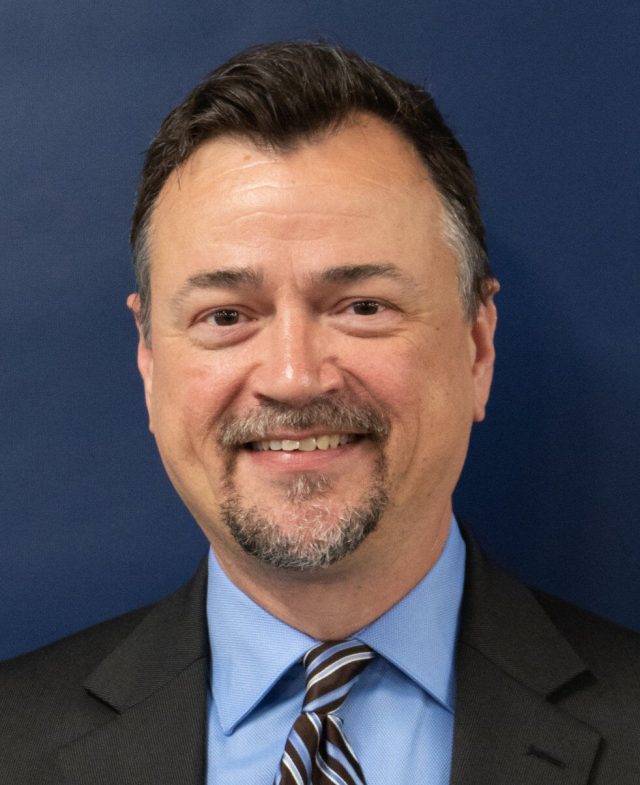U.S. must contend with mental illness
Published 8:53 am Thursday, November 15, 2018
With what authorities compared to a precise military attack, 28-year-old Ian David Long methodically shot and killed 12 people last week at a California nightclub.
Long, a U.S. Marine veteran, frequented the Borderline Bar & Grill. This time, he took with him evil intention, smoke bombs and a .45-caliber handgun. Once inside, he opened fire, reportedly uploading chilling messages on social media accounts at some point during the rampage. After killing a dozen people, including a Ventura County Sheriff’s Office sergeant, at the scene, Long turned the gun on himself.
Trending
Long is the latest in a line of mass shooters with reported mental health and behavioral issues.
In April, a Ventura County Sheriff’s Office mental health crisis team responded to Long’s home after neighbors called with concerns about yelling and crashing noises inside. Deputies and counselors chose not to take Long into custody on a psychiatric hold, determining he was not a threat to himself or others.
Others around him described Long to be irrational at times, verbally violent toward his mother with whom he lived and behaviorally volatile. Former high school coaches described him as a “ticking time bomb,” one who quickly became irate when he disagreed with them. A mental health counselor suggested the likelihood that Long suffered from post-traumatic stress disorder as a result of his combat experiences in Afghanistan.
Long’s is a recurring story. In the aftermath of killings, many report seeing signs of a potentially violent downward spiral. Few report these concerns. Little comes as a result of the unease voiced by those who do speak out. And law-enforcement officers are put in the precarious and difficult positions of having to act like mental health experts while carrying out police duties.
Mental illness is an epidemic across the country, impacting law enforcement’s ability to protect the communities they serve. It has been reported that 64 percent of the roughly 11 million people revolving through American jails and detention centers suffer from some form of mental illness. One in five people in the U.S. have or will experience mental illness.
According to research, those suffering from mental illness are more likely to be victims rather than commit violent acts. But researchers also point to a causal link between the propensity for acts of violence with PTSD and other mental illnesses. Where drug or alcohol abuse also is present, the risk of violent behavior increases substantially.
Trending
A recent forum at Elizabethtown’s Pritchard Community Center brought law enforcement and health care system experts together to discuss best practices being used in communities across the country to deal with the problem.
Hosted by the Kentucky Justice and Public Safety Cabinet, the Federal Bureau of Justice Assistance and the Crime and Justice Institute, the forum sought to discuss law enforcement, first responder and criminal justice responses and behavioral health challenges.
While these experts discussed new and more effective strategies to divert those in mental crises to the health care system rather than just placing them in jail, a larger common denominator is present everywhere.
State and national funding falls short to effectively deal with the burgeoning crisis of mental illness. An adequately funded comprehensive approach is needed if the epidemic is to be impacted positively.
Federal and state lawmakers must recognize this need and provide the financial resources states and communities require to provide the help that is desperately needed.






